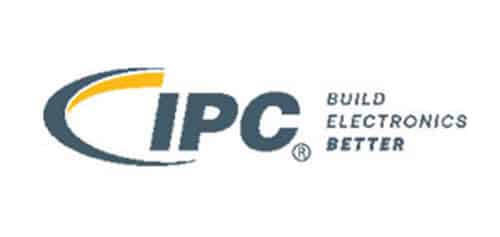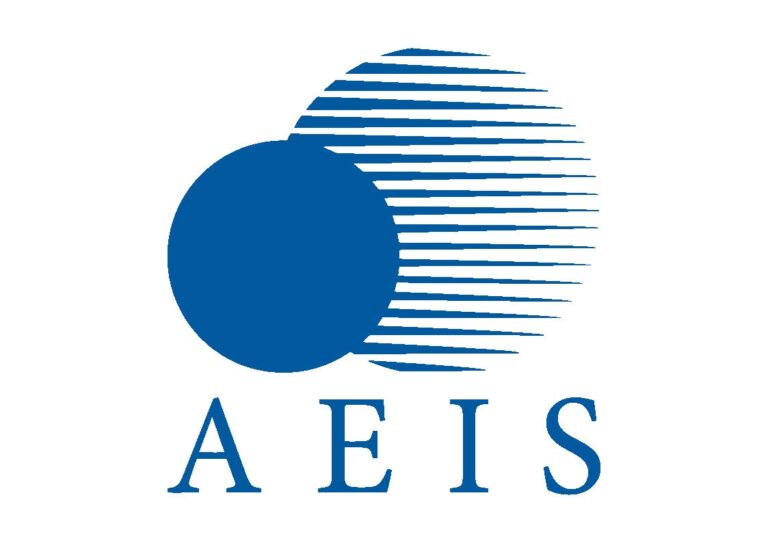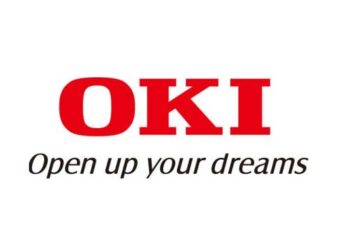GenScript USA Inc. (Stock Code: 1548.HK) debuts the highest throughput semiconductor chip for DNA synthesis in the industry. The announcement was made at the annual Built With Biology global conference.
The new chip is developed using GenScript’s proprietary miniature semiconductor chip technology. The High-Density DNA Synthesis Chip will allow the synthesis of 8.4 million unique oligos simultaneously, up to 170 bases per oligo. It is the first commercial platform for DNA digital data storage.
GenScript’s next-generation DNA synthesis platform carries four chips, and more than 5.7 billion oligos may be synthesized in one run. Researchers encoded 100 Mb of mixed data types in the DNA to test the High-Density DNA Synthesis Chip’s storage utility and retrieved 100% of the encoded data with no loss.
“DNA could be a powerful medium for data storage given its theoretically limitless storage capacity, stability, and minimal maintenance requirements,” said Cedric Wu, Ph.D., vice president of GenScript’s Innovation Center. “However, our inability to quickly generate large numbers of DNA sequences to store new material has hindered its commercial promise. GenScript’s semiconductor technology addresses DNA digital data storage’s most vexing challenges. It is turning fiction into reality.”
The size of the global DataSphere is predicted to hit 160 trillion gigabytes by 2025, and the capacity to store it is running out. Storing data in large server farms is unsustainable in the long term, as it requires too much energy, land, maintenance, and money.
GenScript’s High-Density DNA Synthesis Chip’s active electrode field has a density of over 2.5 million sites per square centimeter. Each electrode site on the chip is independently controlled and can produce a different high-fidelity oligo sequence at every location. GenScript’s scientists have built robust pipelines and algorithms for quicker data encoding and decoding along with advanced error correction.
In addition to DNA digital data storage, GenScript will be expanding the development of the High-Density DNA Synthesis Chip platform to enhanced targeted enrichment sequencing, precision mutant antibody/enzyme libraries, spatial genomics, and digital microfluidics. It is expected to be fully commercially available in the second half of 2022.










